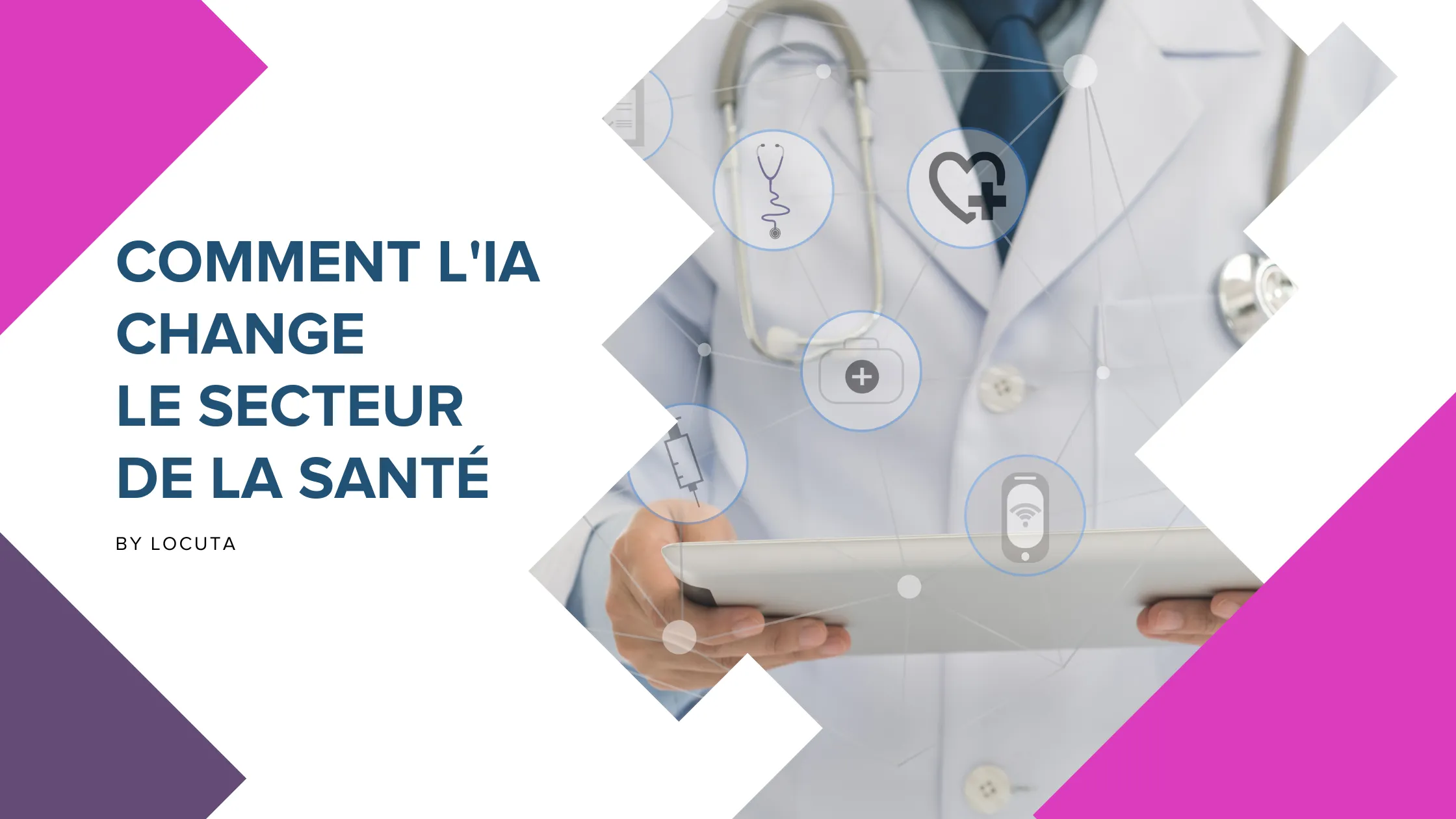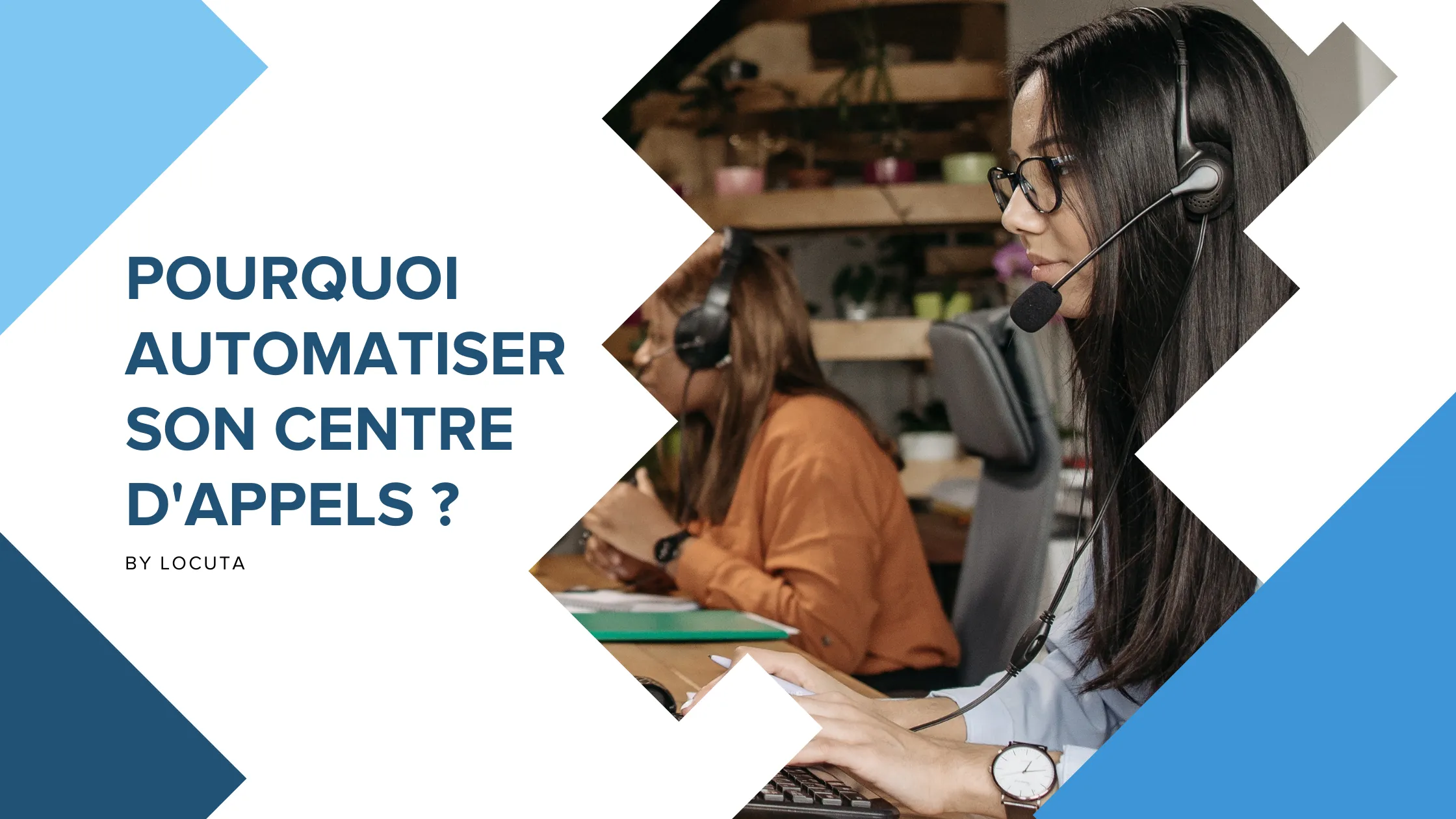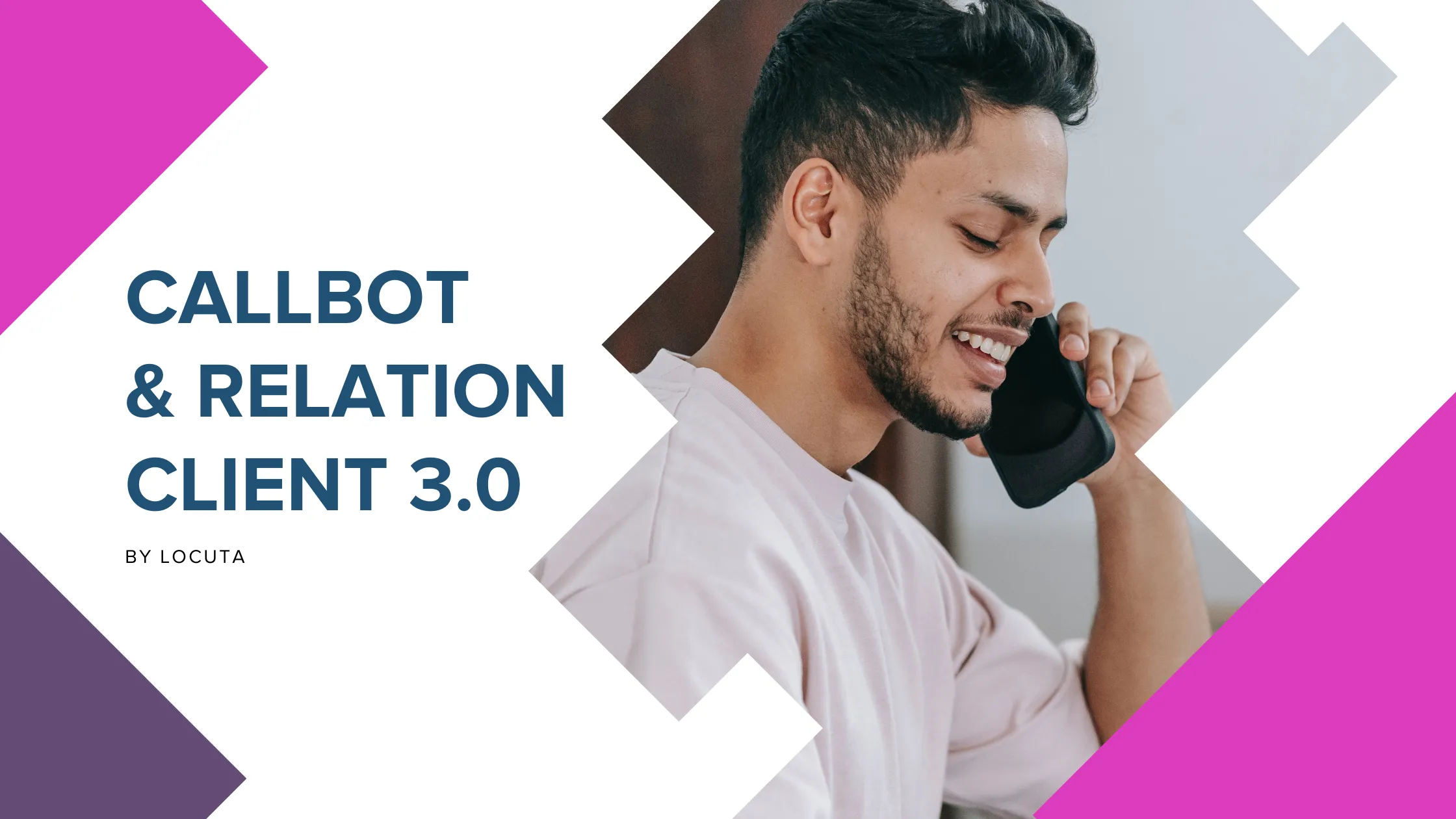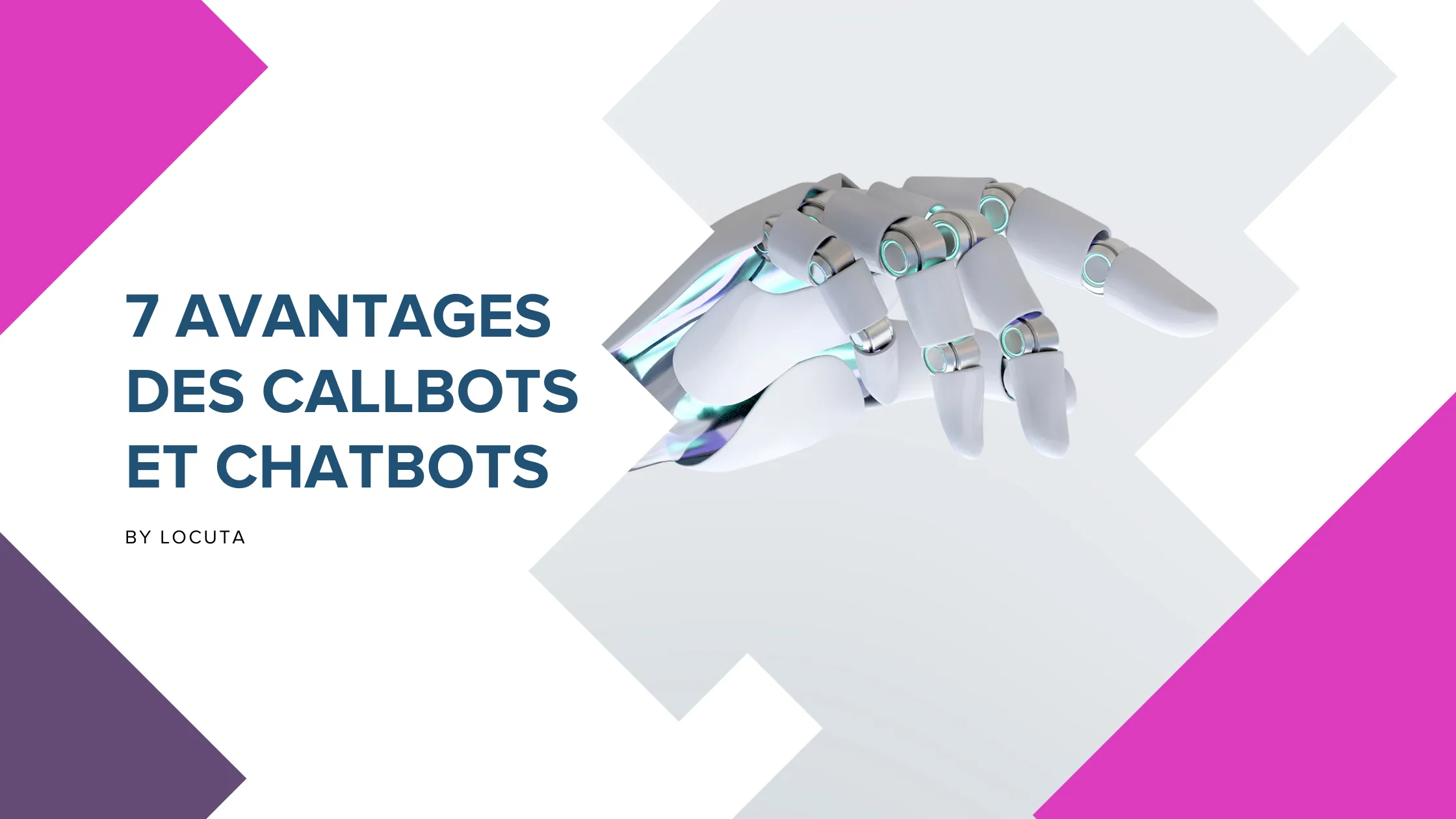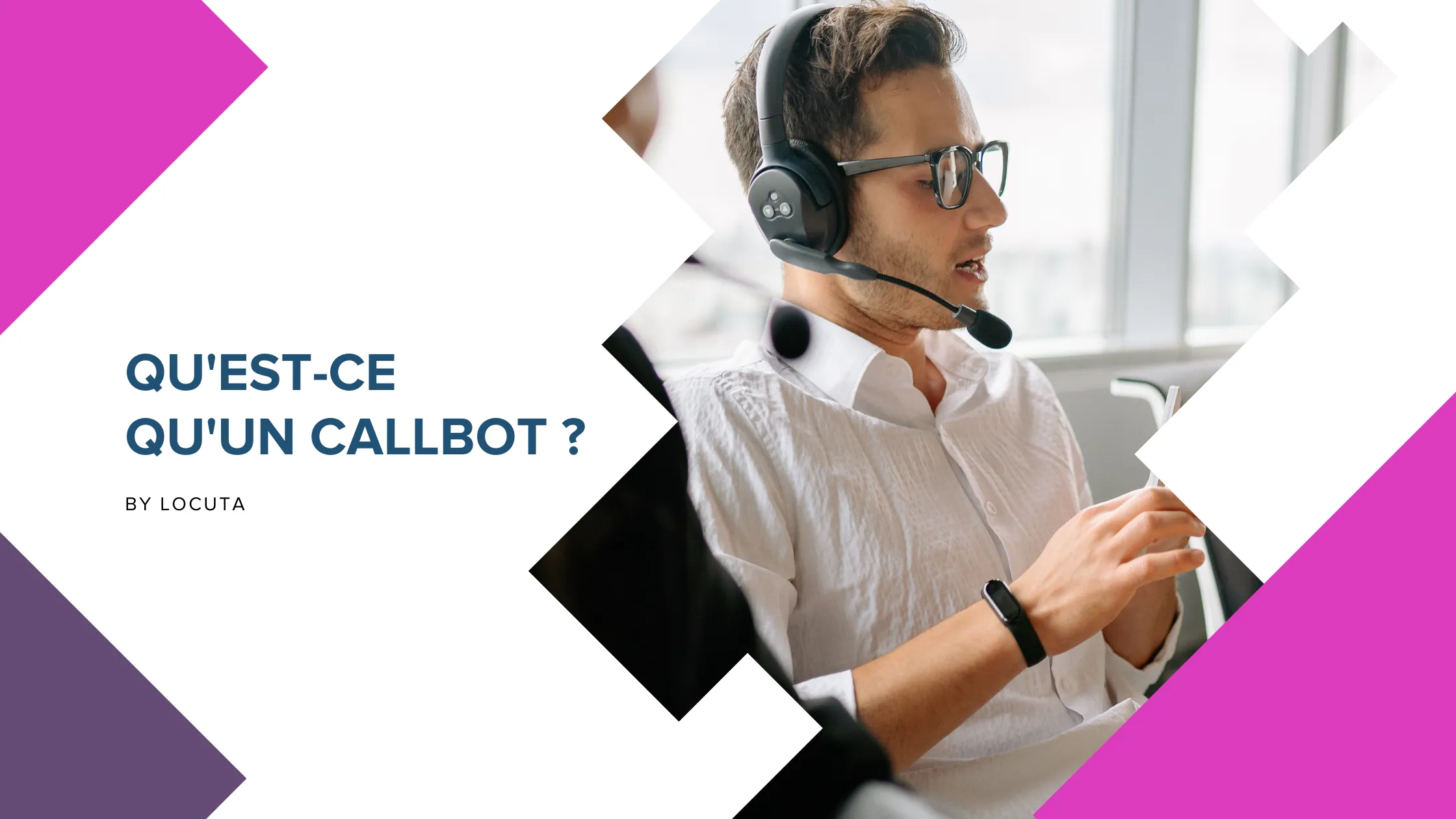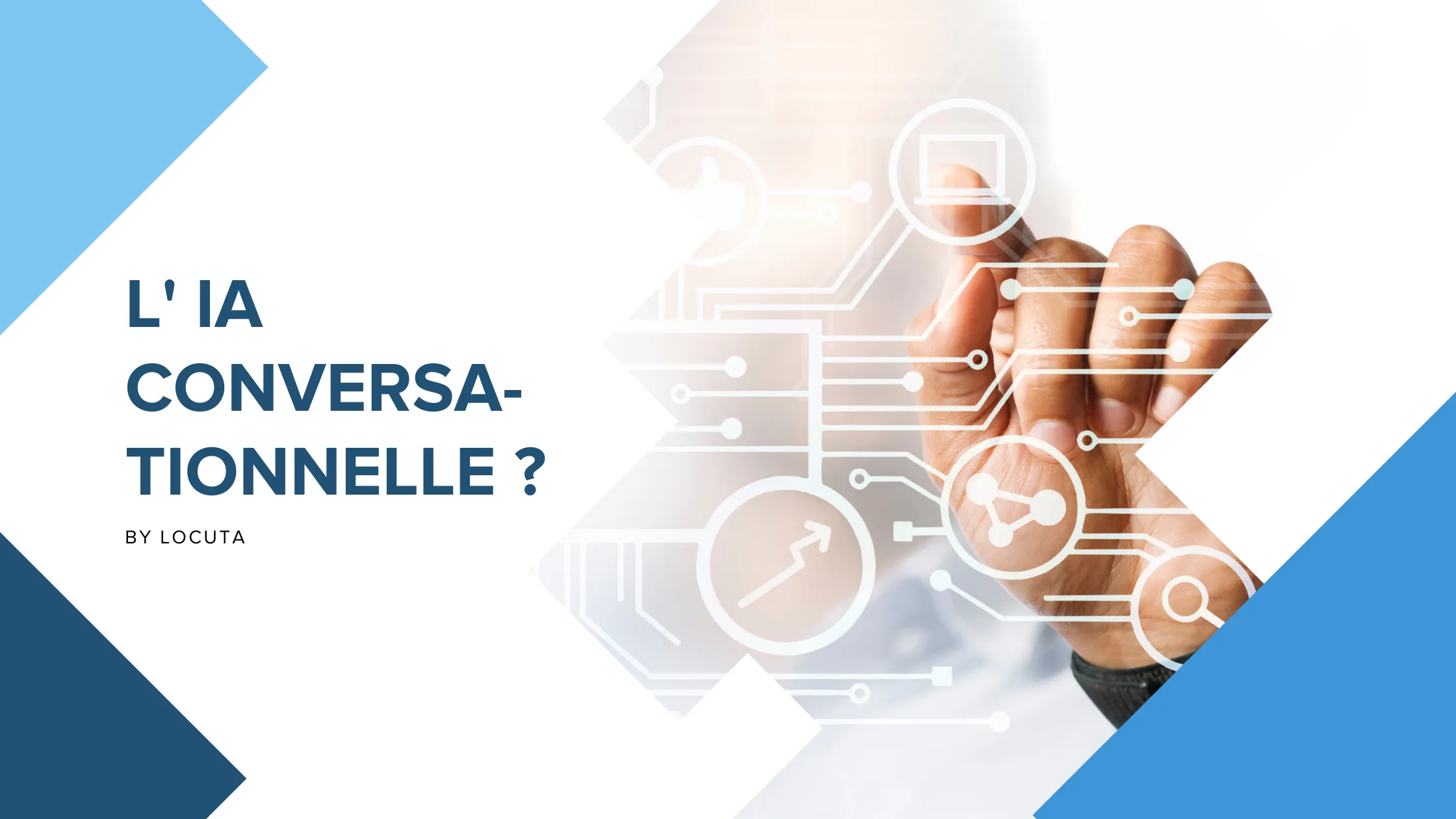L’intelligence artificielle (IA) a le potentiel de révolutionner le secteur de la santé. De la prise de rendez-vous, aux diagnostics jusqu’aux traitements, les processus peuvent devenir plus précis, efficaces et personnalisés. En fait, c’est l’avancement de la technologie dans les soins qui permet à la santé moyenne mondiale de s’améliorer.
Dans cet article de blog, nous allons explorer certaines des façons dont l’IA améliore la santé. Poursuivez votre lecture pour vous plonger dans des cas d’utilisation spécifiques et découvrir ce que l’avenir nous réserve !
Qu’est-ce que l’IA ?
L’IA, ou intelligence artificielle est une branche de l’informatique qui traite de la création de systèmes autonomes capables de raisonner. Capable d’apprendre, d’agir en fonction d’observations antérieures ou encore d’enregistrements de données.
Depuis de nombreuses années, l’IA est utilisée dans le domaine des soins de santé dans une variété d’applications. Par exemple, les recommandations de traitement, le suivi des patients et l’analyse prédictive. L’IA peut être utilisée pour prédire des choses comme les résultats des patients, la probabilité de développer certaines maladies. Elle peut également recommander les traitements qui sont les plus efficaces pour certaines conditions.
Le potentiel de l’IA dans les soins de santé est immense. À l’avenir, les systèmes d’IA deviendront probablement encore plus sophistiqués. De plus, ils seront capables de gérer des tâches plus complexes. Ils pourront fournir des diagnostics en temps réel et recommander des plans de traitement personnalisés pour chaque patient.
L’IA inclut-elle la robotique ?
L’une des idées fausses les plus répandues concernant l’IA est qu’elle inclut la robotique. Or, l’IA et la robotique sont deux domaines distincts. La robotique traite de la conception, de la construction et du fonctionnement des robots.
L’IA, quant à elle, traite de la création de systèmes intelligents. Cela dit, l’IA peut être utilisée conjointement avec la robotique pour créer des environnements encore plus intelligents.
Possibilités prometteuses de l’IA dans le domaine de la santé
L’une des applications les plus prometteuses de l’IA dans le domaine des soins de santé concerne le diagnostic. Les outils de diagnostic alimentés par l’IA ont le potentiel d’être plus précis que leurs homologues humains. Ces derniers peuvent être utilisés pour identifier les maladies beaucoup plus tôt, ce qui peut conduire à de meilleurs résultats pour les patients.
En outre, les outils de diagnostic basés sur l’IA peuvent être utilisés pour personnaliser les plans de traitement. Cela dépend des besoins et des caractéristiques individuels du patient.
Le développement de médicaments est un autre domaine où l’IA a un impact positif. L’IA peut être utilisée pour identifier de nouvelles cibles pour les médicaments et pour concevoir des traitements plus efficaces et personnalisés. En outre, l’IA peut être utilisée pour rationaliser les essais cliniques en sélectionnant les patients qui sont les plus susceptibles de répondre positivement à un traitement particulier.
L’IA est également utilisée pour améliorer la gestion de la santé de la population. En effet, elle peut être utilisée pour prédire les épidémies et suivre la propagation des maladies.
L’avenir de l’IA dans les technologies de la santé
Dans les années à venir, nous verrons de plus en plus d’outils alimentés par l’IA être développés et déployés dans les établissements de santé. Cela conduira à des diagnostics plus précis, à des traitements plus personnalisés et à une meilleure santé de la population. Nous ne faisons que commencer à gratter la surface de ce que l’IA peut faire pour les soins de santé. Nous sommes impatients de voir ce que l’avenir nous réserve !
Le plus beau, c’est que l’IA n’est pas exclusive au capital humain. En fait, il est essentiel que l’IA fonctionne dans les limites fixées par les humains. De même, dans l’assistance des tâches primaires des fournisseurs de soins médicaux essentiels.
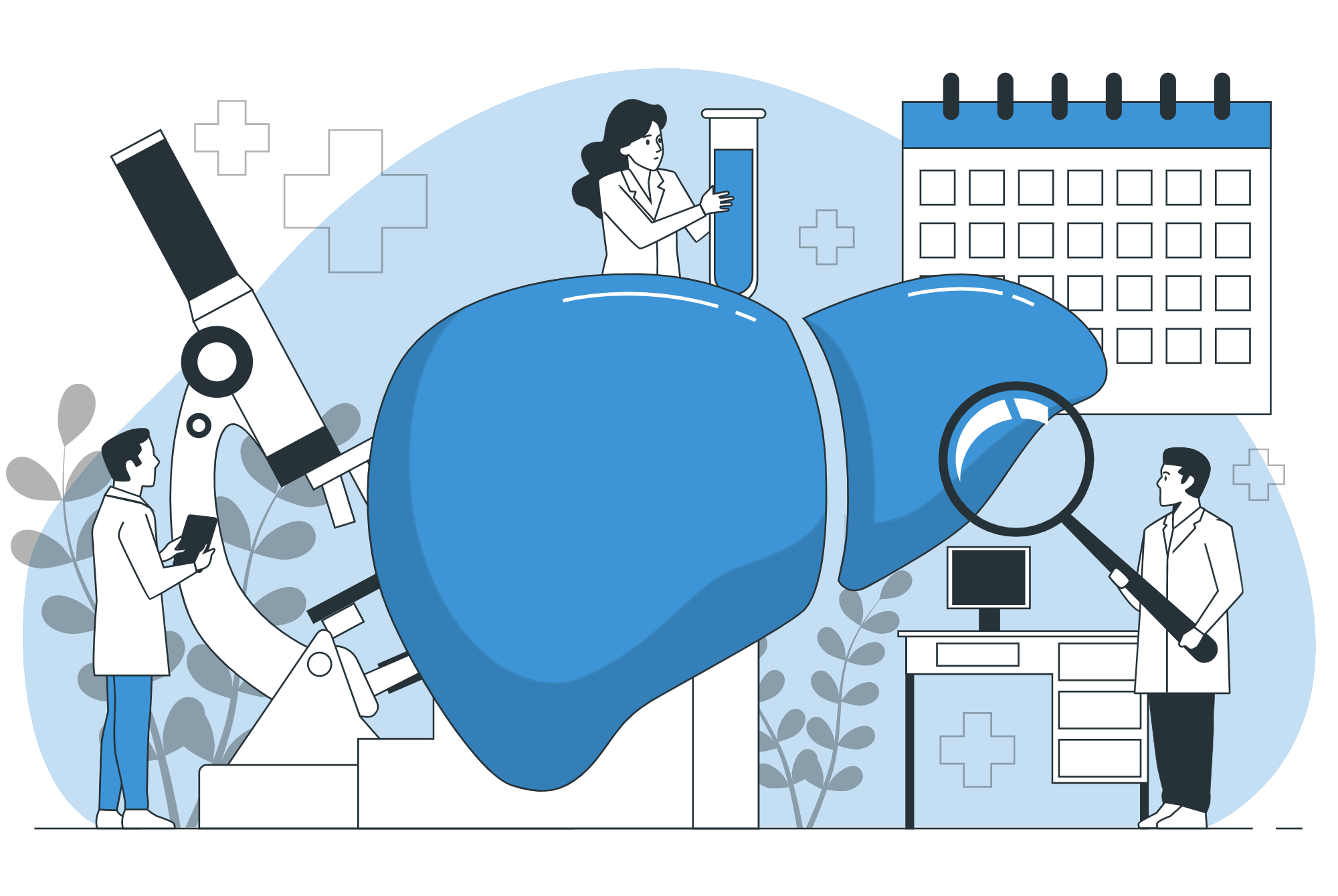
Quels types d’IA modifient le secteur de la santé ?
Il existe de nombreux types d’IA qui modifient le secteur de la santé. Parmi les plus courants, on trouve l’apprentissage automatique, le traitement du langage naturel et l’analyse prédictive.
L’apprentissage automatique
L’apprentissage automatique est un type d’IA qui permet aux ordinateurs d’apprendre à partir de données et d’améliorer leurs performances au fil du temps. Il fonctionne en construisant des modèles qui sont ensuite utilisés pour faire des prédictions ou des recommandations.
L’apprentissage automatique est utilisé dans le secteur des soins de santé pour développer des outils de diagnostic. Il est utilisé aussi pour des recommandations de traitement et des systèmes de suivi des patients. Par exemple, un algorithme d’apprentissage automatique peut être utilisé pour prédire si un patient répondra positivement à un traitement particulier.
Traitement du langage naturel
Le traitement du langage naturel (NLP) est un type d’IA qui traite de l’interprétation et de la compréhension du langage humain.
Le NLP est utilisé dans le secteur des soins de santé pour développer des chatbots ou des callbots. Il utilise des programmes informatiques capables d’imiter la conversation humaine pour fournir des informations sur les conditions de santé, les traitements et les médicaments.
En outre, la PNL est utilisée pour développer des assistants virtuels, qui sont des programmes informatiques capables d’effectuer des tâches à la place des humains. Ces assistants peuvent prendre des rendez-vous, renouveler des ordonnances et envoyer des rappels concernant les rendez-vous et les médicaments.
Article connexe : Quelles sont les différences entre NLP, NLU et NLG ?
Analyse prédictive
L’analyse prédictive est un type d’IA qui consiste à faire des prédictions sur des événements futurs. Elle est utilisée dans le domaine de la santé pour prévoir les épidémies et suivre la vitesse de contagion. L’analyse prédictive est également utilisée pour identifier les facteurs de risque de certaines maladies et développer des interventions pour les prévenir.
Mais le plus important est de noter qu’il ne s’agit là que de quelques exemples de la manière dont l’IA modifie le secteur des soins de santé. En réalité, l’IA a un impact profond sur tous les aspects des soins de santé. Du diagnostic et du traitement au développement de médicaments, à la gestion de la santé, l’IA révolutionne la façon dont nous fournissons et recevons des soins de santé.
Comment les cliniques et les hôpitaux peuvent-ils intégrer l’IA dans leur pratique ?
Si vous êtes un prestataire de soins de santé et que vous souhaitez intégrer l’IA dans votre pratique, il y a plusieurs choses que vous pouvez faire.
Tout d’abord, familiarisez-vous avec les différents types d’IA et la façon dont ils peuvent être utilisés dans les soins de santé. Cela vous aidera à identifier les outils alimentés par l’IA qui pourraient être bénéfiques pour votre clinique.
Deuxièmement, commencez petit à petit en pilotant un ou deux outils d’IA dans votre clinique. Cela vous permettra de vous faire une idée de la façon dont l’IA peut être utilisée dans vos activités quotidiennes.
Troisièmement, veillez à garder l’esprit ouvert et à accepter le changement. L’IA évolue constamment, et de nouvelles applications sont développées en permanence. En vous tenant au courant des dernières avancées de l’IA, vous serez en mesure d’identifier de nouvelles opportunités pour améliorer votre clinique.
L’IA est-elle coûteuse ?
L’une des idées fausses les plus répandues sur l’IA est qu’elle est coûteuse. Cependant, ce n’est pas nécessairement vrai. Si certains outils d’IA peuvent être coûteux, il existe de nombreuses options abordables. En général, le coût des outils d’IA dépend du type d’outil et des fonctionnalités qu’il offre. Par exemple, nos callbots d’IA conversationnelles être relativement peu coûteux à développer et à déployer.
Que vous recherchiez une solution peu coûteuse ou une option haut de gamme, vous devriez être en mesure de trouver un outil d’IA qui réponde à vos besoins.
Erreurs courantes commises par le secteur de la santé en matière d’IA
L’une des erreurs les plus courantes commises par le secteur de la santé est de ne pas tirer parti de l’IA assez tôt. L’autre erreur est de penser que l’IA va remplacer les humains au lieu de les compléter.
Il est important de se rappeler que l’IA n’en est qu’à ses débuts et que de nombreux problèmes doivent être résolus. Par exemple, les callbots ou agents conversationnels peuvent faire des erreurs s’ils ne sont pas configurés correctement ou s’ils sont alimentés par une intelligence artificielle.
Une autre erreur consiste à ne pas avoir de plan sur la façon d’intégrer l’IA dans votre clinique. Comme pour toute nouvelle technologie, l’IA doit être pilotée et testée avant d’être mise en œuvre à plus grande échelle.
Enfin, l’une des plus grandes erreurs est de ne pas investir dans la sécurité des données. Lorsque vous traitez des données de patients, il est important de mettre en place des mesures de sécurité robustes pour prévenir les violations de données.
En évitant ces erreurs courantes, vous pouvez préparer votre clinique à réussir l’intégration de l’IA dans votre pratique.
La ligne de fond
L’IA transforme le secteur de la santé en améliorant les diagnostics, les recommandations de traitement, le développement de médicaments, les essais cliniques et la gestion de la santé de la population. L’avenir de l’IA dans les soins de santé est très prometteur et nous sommes impatients de voir ce que les prochaines années nous réservent !
Si vous êtes intéressé par l’intégration de l’IA dans vos services de santé, jetez un coup d’œil à nos cas d’usage dans le secteur de la Santé où un client souhaite avoir des informations concernant une consultation en ligne.


